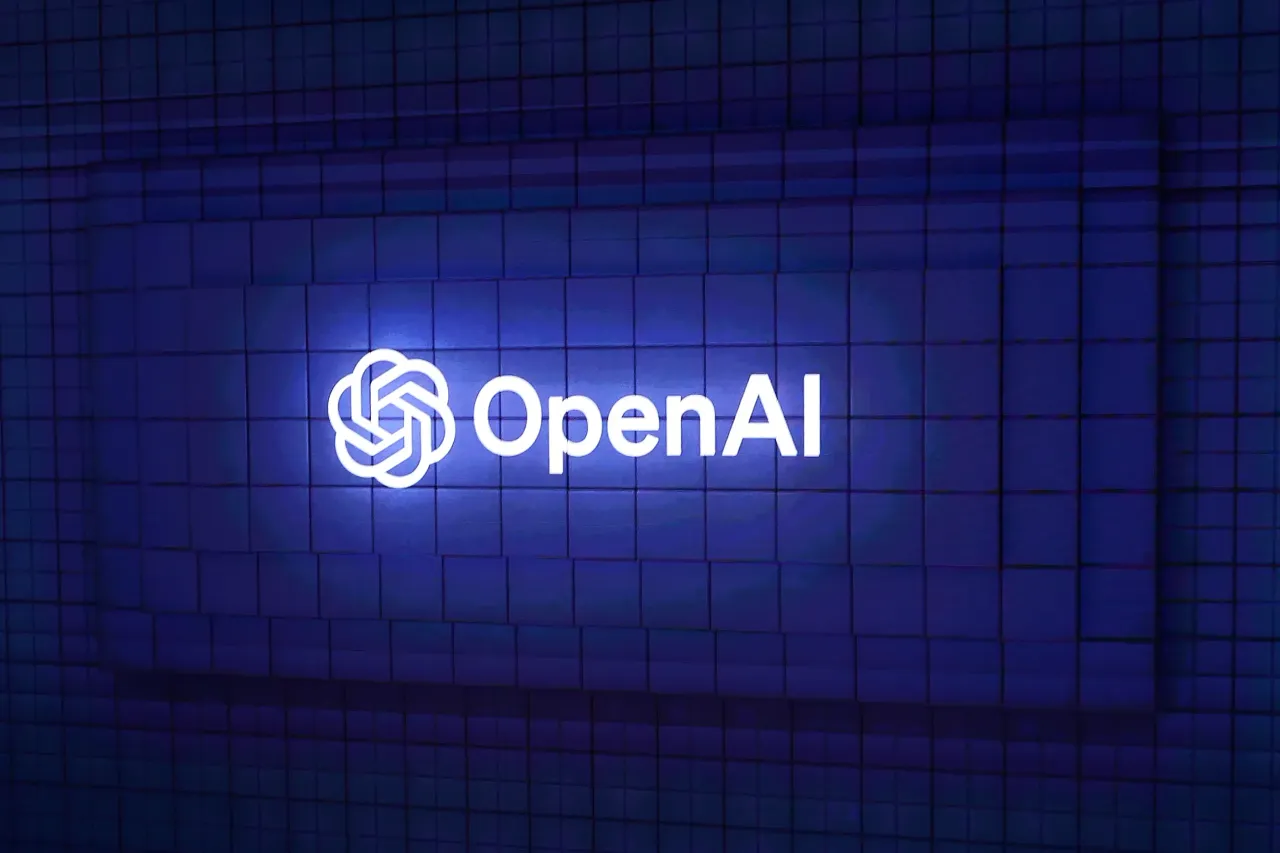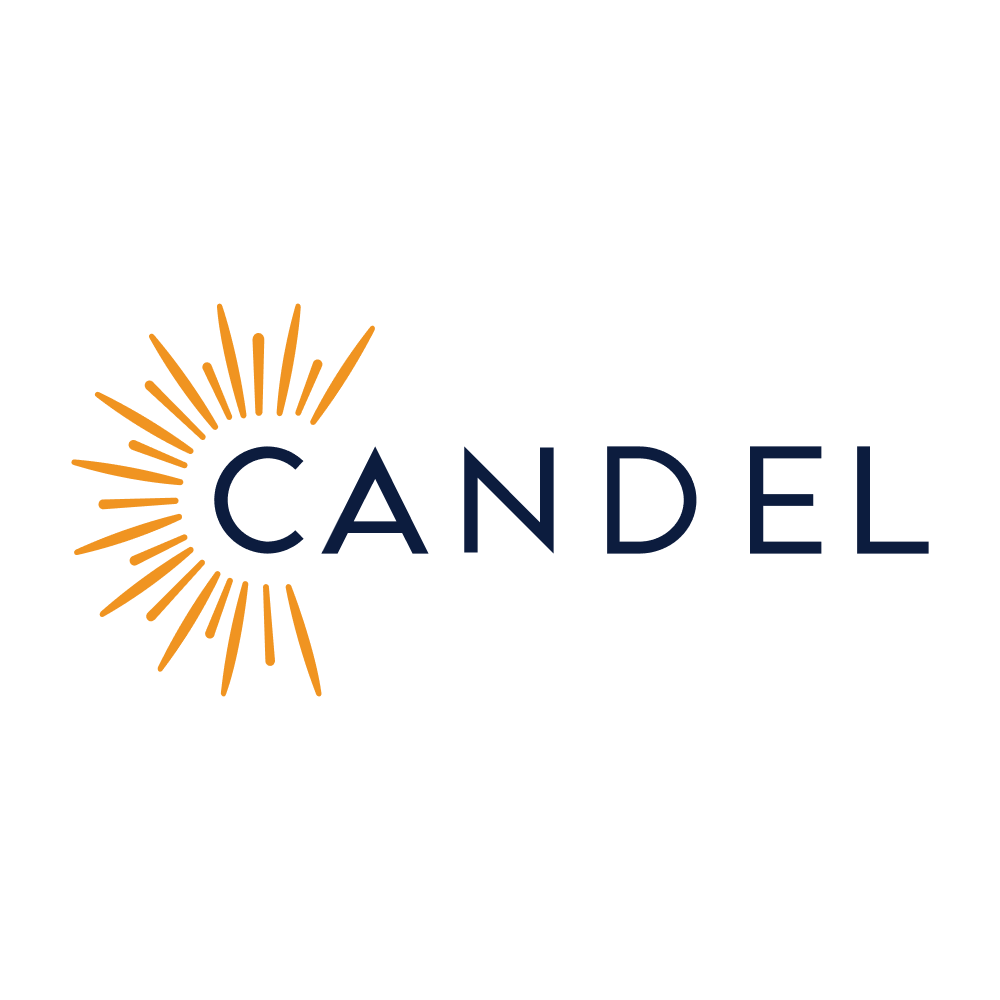Advertisement|Remove ads.
OpenAI Reportedly Exploring Consumer Healthcare Push With AI Assistants And Data Tools

- Business Insider reported that OpenAI is exploring consumer health tools such as a personal health assistant or health data aggregator.
- Investors reportedly said OpenAI could succeed where Google, Amazon, and Microsoft struggled with health record integration.
- The company recently hired Doximity cofounder Nate Gross and former Instagram executive Ashley Alexander to lead its healthcare efforts.
OpenAI may be gearing up for a big push into healthcare. The AI giant is reportedly looking into building its own consumer health tools, and investors believe that the company has the right tools for the job.
According to a report by Business Insider, the AI startup is currently weighing options like creating a personal health assistant or a health data aggregator. It added that investors and healthcare leaders see strong potential for the company to compete with major tech firms like Google (GOOG), Amazon (AMZN), and Microsoft (MSFT).
On Stocktwits, retail sentiment around OpenAI, which is not a publicly listed company, trended in ‘bearish’ territory on Monday morning.
Solving For A Personal Health Record
Investors reportedly said OpenAI could succeed where Big Tech has long struggled — solving the challenge of the personal health record.
Currently, health data privacy rules and financial incentives keep patients’ health data scattered and isolated across different doctors. With a personal health record, the idea is to consolidate all of that information into one place, where it can be owned and managed by the patient.
Microsoft had launched the Health Vault in 2007 to address the issue, but after it failed to gain traction among users, the app was shut down in 2019. Apple offers a Health Records app on the iPhone, but the service is currently limited to hospitals that have signed a data-sharing agreement with patients, allowing them to connect their records to the app.
Google also attempted to create a public health record tool in 2008, but it came under fire for how the company was handling patient data. The company’s newest attempt at a public health record is Google Verily, which launched in October.
Key Hires Point To Healthcare Expansion
OpenAI has recently hired notable individuals, which suggests that it may be entering the healthcare sector. In June, OpenAI appointed Nate Gross, cofounder of the publicly listed health technology company Doximity, to lead its healthcare strategy. Two months later, it brought on Ashley Alexander, previously with Instagram, as Vice President of Health Products.
In October, Gross highlighted that most of ChatGPT’s 800 million active users every week come to the platform with medical questions. Moreover, when OpenAI released GPT-5 in August, CEO Sam Altman stated that health was one of ChatGPT's top use cases. He also bragged about how the new model "can help you understand your healthcare and make decisions on your journey."
OpenAI is already working with pharmaceutical companies such as Eli Lilly (LLY) and Sanofi (SNY) on drug discovery projects, and with healthtech firms like Penda Health on AI-powered clinical support. The company is also expanding enterprise deployments of ChatGPT with health systems and research institutions.
Read also: Bitcoin Gains After US Shutdown Nears End — Analyst Sees Floodgates Opening For Spot Crypto ETFs
For updates and corrections, email newsroom[at]stocktwits[dot]com.












/filters:format(webp)https://news.stocktwits-cdn.com/large_Getty_Images_2260447662_jpg_cd246b74f6.webp)
/filters:format(webp)https://st-everywhere-cms-prod.s3.us-east-1.amazonaws.com/IMG_9209_1_d9c1acde92.jpeg)
/filters:format(webp)https://news.stocktwits-cdn.com/Getty_Images_2254924116_jpg_d54ffea07e.webp)
/filters:format(webp)https://st-everywhere-cms-prod.s3.us-east-1.amazonaws.com/large_US_stocks_3e2253bcca.jpg)
/filters:format(webp)https://news.stocktwits-cdn.com/Revised_Profile_JPG_0e0afdf5e2.webp)
/filters:format(webp)https://news.stocktwits-cdn.com/Getty_Images_2228900989_jpg_e94daec744.webp)
/filters:format(webp)https://news.stocktwits-cdn.com/IMG_4530_jpeg_a09abb56e6.webp)
/filters:format(webp)https://news.stocktwits-cdn.com/large_Getty_Images_1445160636_jpg_9759816169.webp)
/filters:format(webp)https://news.stocktwits-cdn.com/IMG_8805_JPG_6768aaedc3.webp)
/filters:format(webp)https://news.stocktwits-cdn.com/large_Bitcoin_Red_OG_jpg_d64521f99a.webp)
/filters:format(webp)https://st-everywhere-cms-prod.s3.us-east-1.amazonaws.com/Prabhjote_DP_67623a9828.jpg)